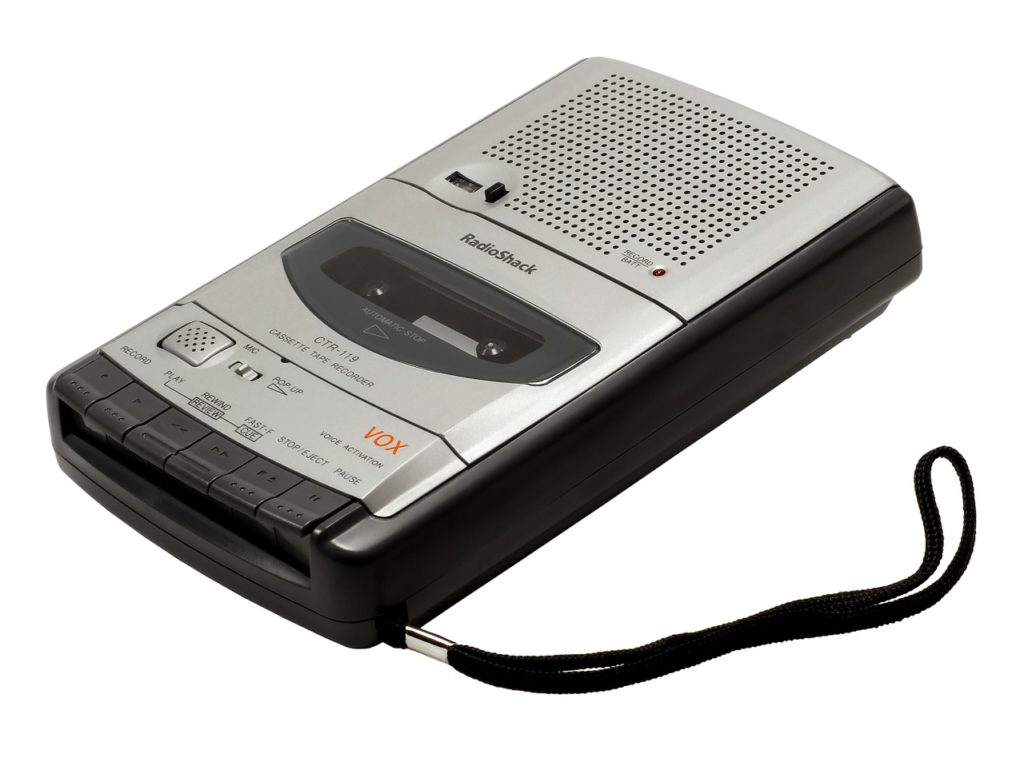
Is Tour Management Software Worth The Investment?
What You Need to Know about Tour Management Software
Anyone in the live music industry will tell you that it’s a small miracle tours ever happen at all. Yet, according to Billboard, every year seems to produce more concert tours that generate staggering sales. In 2017 alone, North American concerts between Memorial Day and Labor Day grossed $1.8 billion, an 8 percent increase over the same period a year prior. Overall gross ticket sales for the entire 2017 year were an astonishing $4.3 billion.
While these mostly account for the major tours managed by the biggest tour management companies, even the smaller tours can face major hurdles. It’s hard enough to pull off a single show at a single venue, let alone managing dozens of shows across multiple states in a tour. There can be hundreds of people involved, from your own tour team to the artists, venue managers, promoters, marketers, transportation, technical crews, caterers and more. Every show on the tour means new people with whom to collaborate.
Tour management software aims to streamline collaboration and management. The software is more than another collaboration tool, however. In fact, it can actually include integrated components to help music professionals operate the entire event management process in a single cloud-based platform. Having accurate, historical and real-time data at your fingertips helps you work more efficiently, which results in more profitability. It’s why so many organizations are transitioning from siloed applications to integrated systems. According to Oracle, the advantages of integrated software applications are:
- Process efficiency across your business
- Dramatically improved visibility
- Significant IT time and cost savings
- Accelerated growth
- User-driven innovation
If you’re wondering if you should consider using tour management software, the question really becomes why wouldn’t you? You have so much to gain (see bullets above) and so much to lose, such as margin, productivity and a competitive edge.
What to Look for in Tour Management Software
Who developed the product?
There are several tour management software products currently on the market. The first step in evaluating vendors is to look at the people behind the product. If you really want a product that was designed to meet your needs, finding a vendor who gets the music industry is a good idea. Surprisingly, not all do. Yet, some products were specifically built for the music industry by people in the music industry. This can be a huge benefit as those products will most likely have the key features that really matter to you.
How customized is the product?
Another point to note is that these products are often niche products. Yes, they all cater to music industry professionals, but some are geared more for venue managers and promoters, others are more for tour managers and artists, and a few can be used by all. Look at all of the features each product offers and determine which of these will actually help you do your job more efficiently. You don’t want to pay for features you won’t use and you don’t want to sacrifice features that would make your life easier.
Is it cloud-based?
The product must be cloud-based and available on a mobile app. You are out of the office as much as the artists and need access to your tour data 24/7/365 from anywhere in the world. Plus, having a cloud-based tour management software app means you can easily share data with team members, partners, vendors, etc. in real time.
Are all of the components integrated?
Finally, you need all of the various components to “speak” to each other. The software must be fully-automated, connecting all of the various components together so you don’t have to switch from your tour management software to a spreadsheet to an email manager to an accounting system. This takes time and time is money. Plus, all of the back and forth inevitably leads to errors and misses you can’t afford.
Key Features to Look For
Let’s take a look at the key features you’ll probably want to be sure are included in the software or can be easily integrated with a click (you want to be able to use the app quickly without the need for technical support to help with the integrations):
Calendars
You live and die by your calendar. When evaluating vendors, ask for a demo to see the calendar functions. At a minimum, you want to be able to see all of your holds and show dates, then be able to drill into each show on the tour to get more details. It’s basically your home base, where all of your tour information is segregated by date. Everyone on your team works from the same calendar, seeing the same data so nothing is missed.
Ticketing platforms
The tour management software should have easy API integrations with the ticketing platforms you use. These integrations mean you have instant insight into ticket sales as they happen. The information is automatically updated in your financial component so you can instantly see the show status and how it is impacting your revenue. This also helps you sell tickets directly from your app or website, offering fans convenience.
Collaboration/task management tools
Collaboration is key in tour management. When everyone is working from different systems, it gets complicated. Many people rely on email, but that’s highly inefficient and notoriously results in missed emails and lost communications. In fact, the average open rate for email was less than 25 percent in 2018. Your software, however, will enable you to connect everyone in one place, keeping a running log of communications between team members. To prevent data from getting into the wrong hands, be sure the software allows you to control access to sensitive information.
Point of Sale systems
Merchandise can bring in significant revenue. The management software needs to connect to point of sale systems for real-time updates into how sales are going for each show on the tour. Having this visibility will enable you to make faster decisions on how to boost sales, which products are hot sellers and which aren’t getting much attention. This information can be used to direct future merch designs and sales strategies, even as the tour is in progress.
Social media and marketing automation tools
Promoting your tour is all about social media these days. Be sure the software will automate your social media campaigns or connect to systems that do. Same goes for marketing. For instance, you should be able to add your marketing production leads to the system, assign tasks and deadlines, easily view who is doing what and monitor marketing budgets. On the social side, track your posts, fan base, comments and trends to see where the momentum is headed.
Financial analytics
Last, but definitely not the least, is the financial analytics component. Many tour management software products lack this essential function, but it’s one of the most important features you can have. You should be able to set and monitor your budgets, see show summaries with your net profit and break even, track expenses as they happen, upload receipts, and manage settlements. All the financial data you need must be in one system, integrated and accessible so you always know the health of your business and can make more accurate projections going forward.
For those who invest in tour management software, the efficiencies and capabilities gained can be dramatic, completely changing how they work. Take a look at how you’re operating now with an open mind as to where improvements can (and should) be made. Then, carefully evaluate vendors to determine which solution fits your needs and your budget.

Matt Ford is the founder and CEO of Prism.fm, an Austin-based software company revolutionizing live music event management. With a background in entrepreneurship and a degree from the University of Wisconsin-Madison School of Business, Ford combined his self-taught coding skills with firsthand experience as a concert promoter to address the inefficiencies he observed in the industry. In 2018, he launched Prism.fm, an all-in-one platform designed to streamline operations for venues, promoters, and agencies by replacing cumbersome spreadsheets with integrated tools for booking, financial tracking, and contract management. Under his leadership, Prism.fm has grown significantly, achieving $3 million in annual recurring revenue post-COVID and securing over $15 million in funding . Ford’s commitment to building user-centric solutions has positioned Prism.fm as a trusted partner for over 1,500 venues and promoters worldwide.



